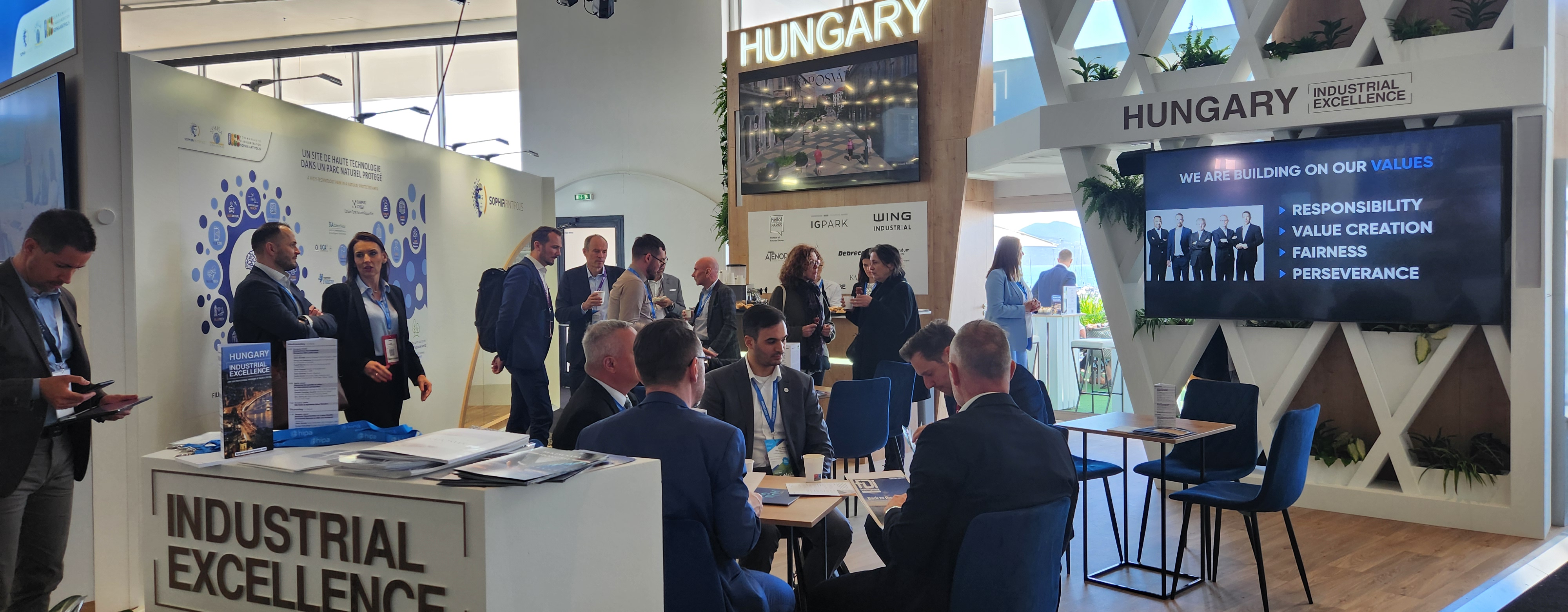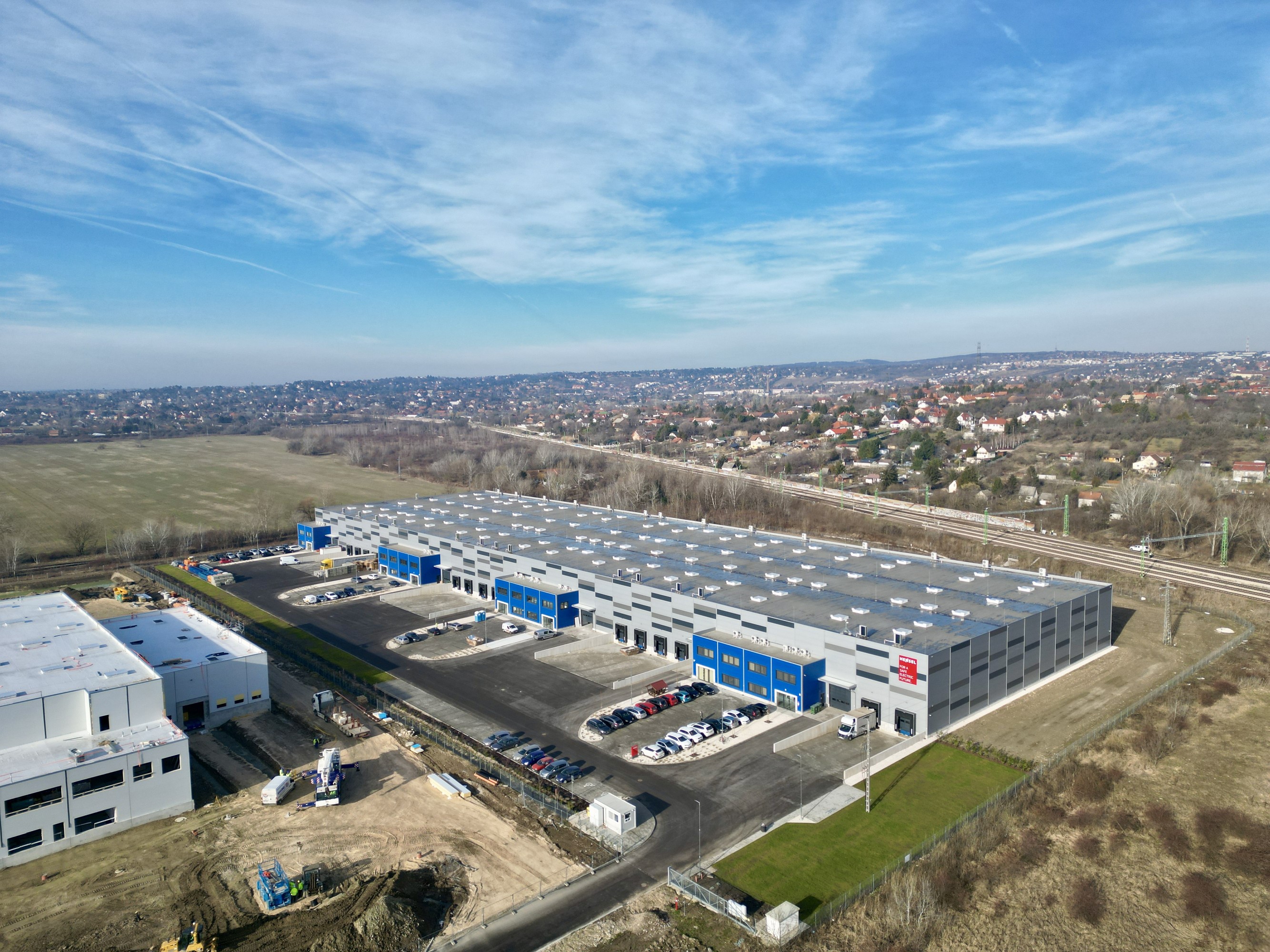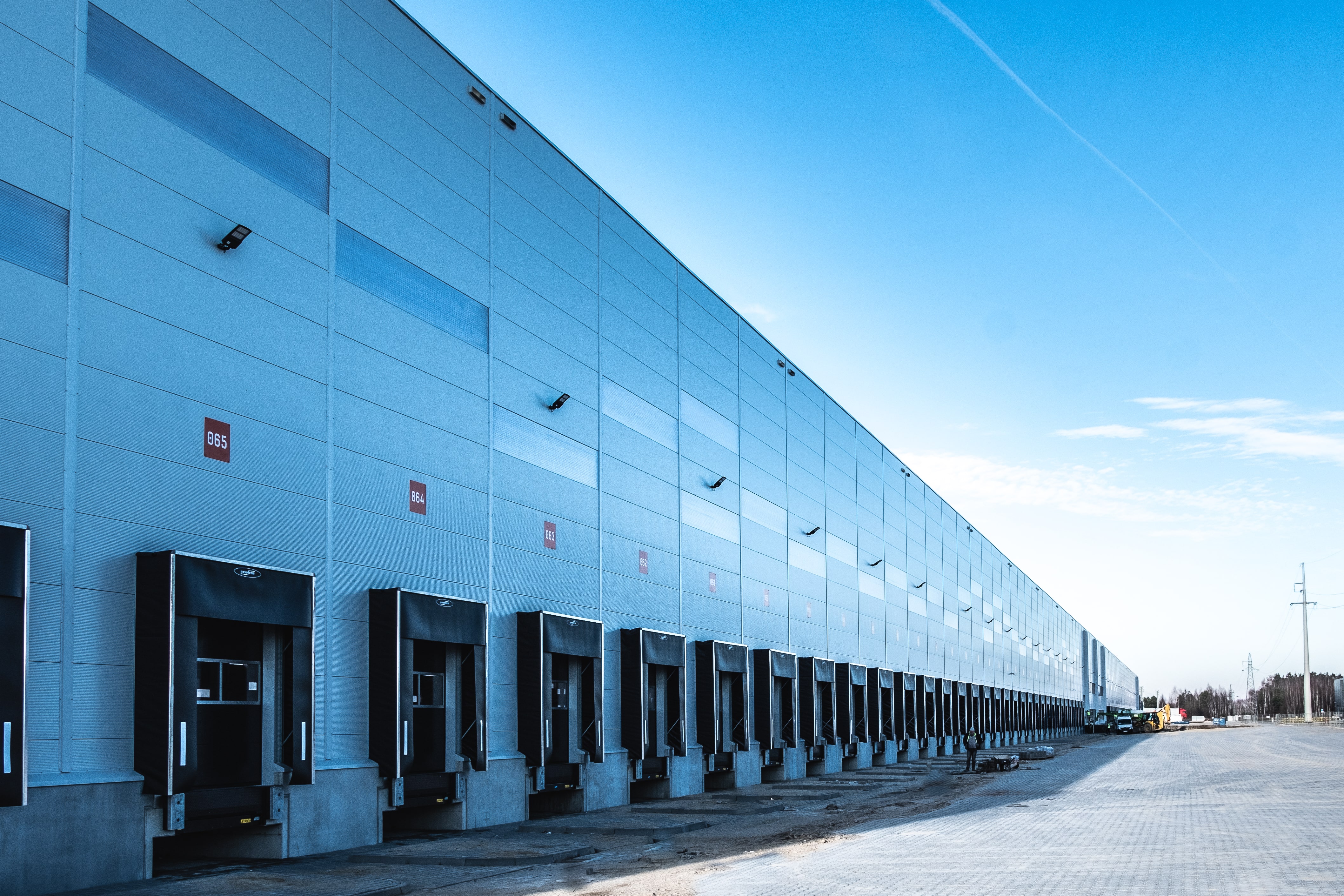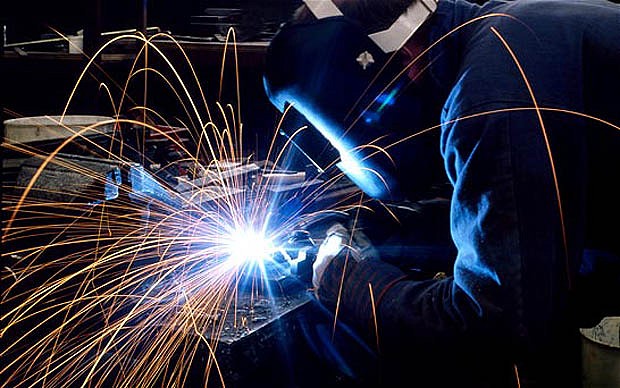Navigating Change and Innovation: Doherty’s Journey From Birmingham to Hungary
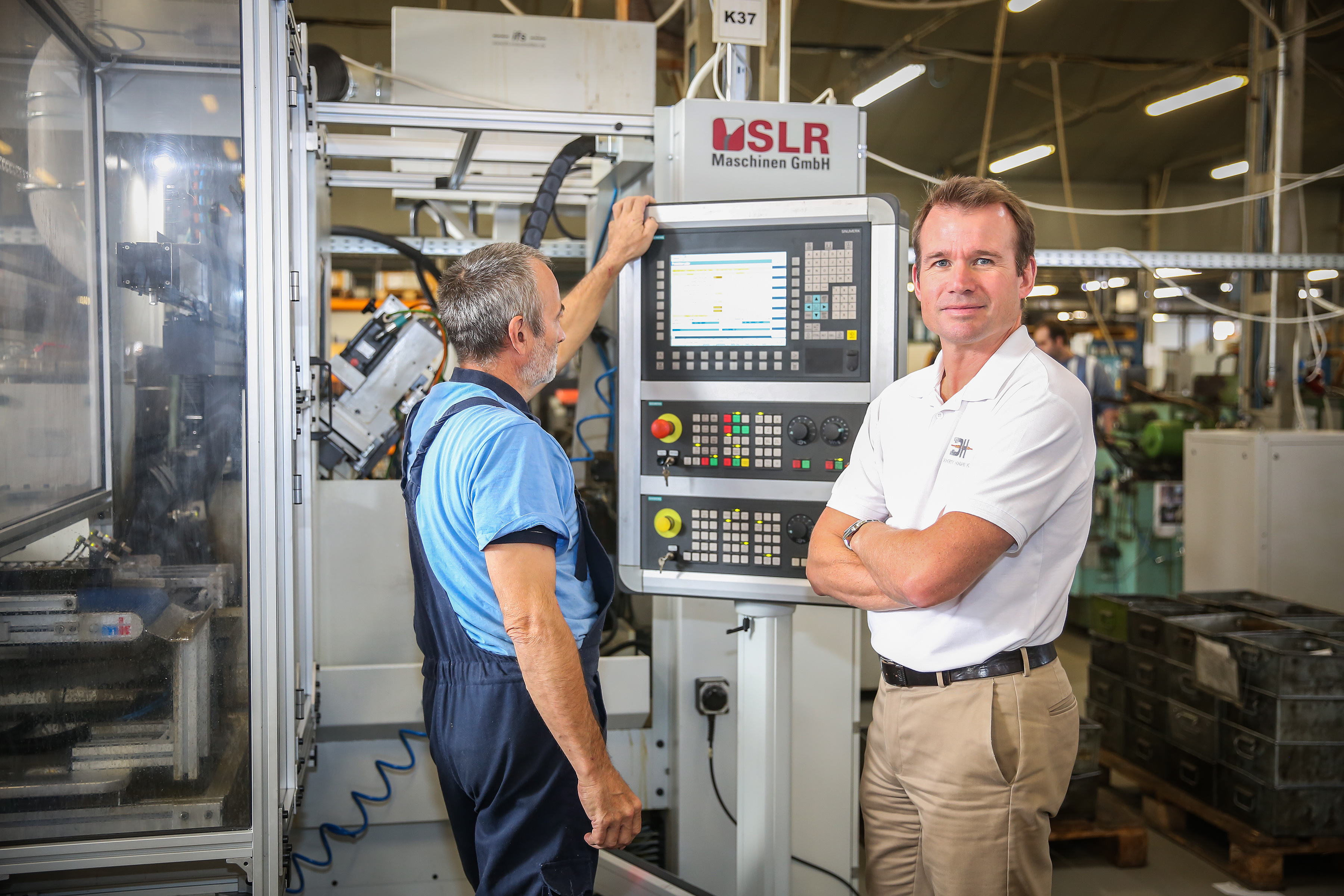
Jim Doherty says the business cannot be managed remotely but works best with his presence.
Twenty-five years after his family business manufacturing electric motor shafts moved from the U.K.’s Birmingham to Orosháza, a city of just under 29,000 people in Hungary’s southeast, Englishman Jim Doherty faces a mixed bag of challenges and opportunities.
An evolving economic environment has dramatically increased the cost of living for his 150-strong workforce. Annual inflation soaring in Hungary from under 5% in 2020 to more than 25% at the start of this year forced him to balance wage increases against the price of his product to customers.
Meanwhile, the ever-changing demand for motor shafts with new precision and cleanliness specifications from customers has kept his engineering team on their toes.
Doherty proudly toured us around his factory, a strikingly clean, well-ventilated, modern facility housed in a repurposed and expanded former supermarket building.
The factory floor is lined with advanced CNC machines the size of small pickup trucks that speedily transform four-meter lengths of stainless steel rods into the shafts for electric motors of various sizes, ranging from tiny ones used in hand-held power tools to much larger ones used in the booster motors of “mild hybrid” motorcars.
Diameters of shafts from 32mm down to 6mm are produced, with precision to within six micrometers, roughly a tenth the thickness of a human hair, according to the company.
Rising labor costs, however, along with the need for new technology to meet the changing specifications and increasing quantities demanded by customers, are pressing both the company and the man who owns and leads it to adapt.
To the untrained observer, his factory appears highly automated, staffed not by manual laborers but by highly skilled technicians who monitor and tune the machines as they work their magic, spinning out a gleaming new motor shaft every few seconds. Even so, new automated processes are in the pipeline to increase overall efficiency.
“There is technology available that will give us one to two year’s payback, and we need to accelerate our investment,” Doherty says.
The upgrade will, of course, come with costs, around EUR 1 million, but won’t mean a reduction in workforce.
Perfect Scenario
“If you’re growing, you don’t have to lose jobs to automation. You have a natural attrition rate, and the perfect scenario would be that you could grow with the headcount already in place,” the owner says.
Demand for electric motor shafts is high and getting stronger, Doherty emphasizes, thanks mainly to the global trend toward more electrification and e-mobility, whether in electric cars, power tools or new “smart” homes and businesses with automated window features, climate control systems, adjustable lighting, and security devices; just to name a few.
Much of this demand is essentially local, coming from European device manufacturers that have set up shop in Central Europe, putting Doherty at the center of several supply chains. He estimates that his factory will produce around nine million shafts for its customers in 2023.
The move from Birmingham to Orosháza in 1997 was precipitated by Siemens’ expansion of its manufacturing operations in nearby Slovakia throughout the 1990s, Doherty explains.
“Exporting shafts from Birmingham to Slovakia was too big a trip. ‘It’s just not going to work,’ they said, informing us that we needed to be in the region here in Central Europe,” he says.
“A lot of great customers along the way have supported us in terms of getting our quality standards up; General Motors were amazing in the beginning,” he said.
“If you’re to supply the automotive industry, you need to have certain accreditations, which they helped us achieve in the United Kingdom, and then six months later, when we said we’re moving to Hungary, they came over to help us get the accreditation here.”
As the years rolled on, more international manufacturers opened factories in Hungary and began placing orders with Doherty, including Bosch. The German company opened the first of its two plants in 2001 and the second in 2003, making products such as automotive parts, electric power tools, and eBike systems.
Doherty also supplies the Hungarian divisions of a pair of other international firms: an American automotive and e-mobility manufacturer and a Japanese differential manufacturer.
He explained that his customers broadly fall into three types: some who wanted Doherty Hungary’s long-term strategic development support, some who were dissatisfied with their current suppliers, and some who were moving their business from the Far East to Europe because of transportation and environmental issues.
Adding Value
While honoring his customers’ place in the driver’s seat keeps Doherty Kft. in business, there are times when he has to pause and assess what and when his firm can reliably deliver. Such moments remind Doherty of his value as CEO.
“It’s a fine line because you need to be listening to your customers, and you need to be driven by them, but you also need to consider your own capacities and limitations. By reminding yourself and other stakeholders, including customers, that delivering the highest possible quality on a realistic schedule is what’s best for everyone, you can avoid disappointments. It’s important to avoid promising the impossible,” he says.
Developing a mastery of “the art of the possible” is more important than ever, as it has become necessary to match wage rises necessitated by local inflation with increased revenue.
For a time, Jim Doherty tried living in Britain with his family while running the Orosháza factory by remote control.
“Managing things by spreadsheet or Teams meetings isn’t the way to go for us,” he said. “You’ve really got to be here, spend time with your team onsite to make the most of the opportunities.”
Pointing to a network of black tubing running from the floor up to and along the high ceiling, he described how his maintenance leader proposed siphoning off the surplus heat generated by the factory compressors to keep the factory floor warm in winter.
“He came to me with the idea, and I told him to go for it.” Other moves, such as extended breaks for staff during heatwaves and allowing the grasslands surrounding the plant to return to a natural ecosystem, can be credited to the owner being present and plugged in.
It’s been over 100 years since his great-grandfather started a bicycle parts business in Digbeth, outside Birmingham, and 90 since the founding of W. H. Doherty and Co. Ltd., the Birmingham company that later became Doherty Hungary Kft. in Orosháza.
Having survived challenges, including the COVID pandemic that cut output in half, the production team is back to working three shifts on the 4,500 sqm factory floor. Despite new challenges, Doherty reckons his firm is in the right place at the right time.
“Hungary is a good place to do business, and you are geographically right in the middle of the supply chain action,” he said. “Which is good, because it’s convenient for us to send product to our European customers in a short span of time. And that’s what my customers want: a fast and efficient response and delivery.”
This article was first published in the Budapest Business Journal print issue of October 6, 2023.
SUPPORT THE BUDAPEST BUSINESS JOURNAL
Producing journalism that is worthy of the name is a costly business. For 27 years, the publishers, editors and reporters of the Budapest Business Journal have striven to bring you business news that works, information that you can trust, that is factual, accurate and presented without fear or favor.
Newspaper organizations across the globe have struggled to find a business model that allows them to continue to excel, without compromising their ability to perform. Most recently, some have experimented with the idea of involving their most important stakeholders, their readers.
We would like to offer that same opportunity to our readers. We would like to invite you to help us deliver the quality business journalism you require. Hit our Support the BBJ button and you can choose the how much and how often you send us your contributions.







